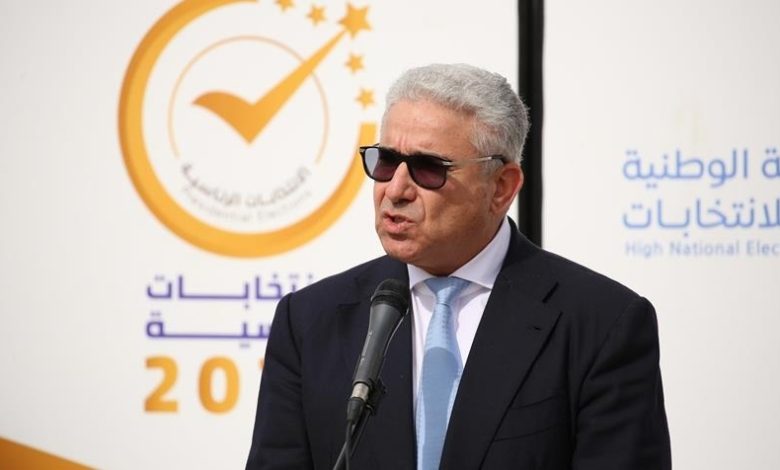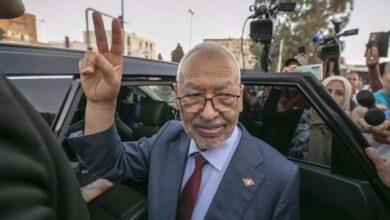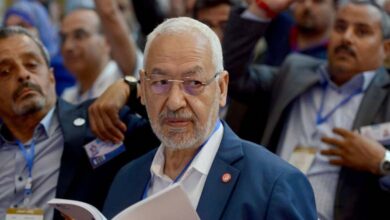After Turkey… Bashagha Warns Italy against Oil Deal with Libyan Unity Government

Fathi Bashagha’s cabinet appointed by the Libyan House of Representatives has warned of a “mysterious deal” on energy, which the outgoing government of national unity, headed by Abdul Hamid Dbeibeh, plans to hold with Italian Prime Minister Giorgia Meloni during a visit to Tripoli.
Fathi Bashagha, head of the Libyan Stability Government, warned against signing an agreement to increase the share of the Italian company ENI in return for a reduction in the share of the Libyan Oil Corporation.
In a statement, Bashagha denounced what he described as “the opportunistic behavior of the Italian government, which goes beyond Libya’s supreme interests and risks the good relations between the two countries,” pointing out that the Arab Foreign Ministers refused to “re-legitimize this government, by not attending the meeting of the Arab League Council in Tripoli and their boycott of it.”
Referring to the government of Dbeibeh, he said, “The government is incapable of signing any agreements or memorandums of understanding after having expired its mandate and legitimacy,” noting that “it is not authorized to do so in the first place, according to the text of Article 10 of the political agreement sponsored by the United Nations in Geneva.”
He threatened to resort to the Libyan judiciary, which he said “has on more than one occasion annulled illegal agreements that smell of political opportunism”.
Bashagha reiterated his call on “all states to establish relations based on mutual respect, based on shared interests,” and called for “respect for the Libyan will represented by elected institutions” that produced his government.
Minister of Foreign Affairs of the “unity” government Najla Mangoush discussed with the Italian Ambassador in Tripoli, Giuseppe Buccini, the logistical preparations for the Italian Prime Minister’s visit to Libya on January 28, at the head of a high-level ministerial delegation, which mainly includes Foreign Minister Antonio Tajani and Interior Minister Matteo Bentidosi.
Meanwhile, Turkey has reaffirmed its continued military presence in support of the Dabiba government in western Libya; The Turkish Ministry of Defense tweeted a series of images from a visit by General Osman Aytas, the commander of Turkish forces operating in western Libya, to two Turkish frigates in Khoms port, 120km east of Tripoli.
The anticipated agreement that Dbeibeh’s government will sign with the Italian government comes after a controversial memorandum of understanding with Turkey last October regarding oil and gas exploration in Libyan waters. Italy and Turkey are considered among the most prominent supporters of the Dbeibeh government, and they are among the countries most interested in penetrating Libyan sovereignty through the military presence of both, especially in the city of Misrata.
“The Libyan crisis is limited for Rome to the continuation of the flow of natural gas exports, especially in the winter, and to the reduction of the flow of illegal immigrants, through coordination with militias affiliated to the outgoing unity government.” Otherwise, it would not be in Rome’s interest to support UN solutions that delegitimize the Dbeibeh government and establish a legitimate authority through general elections, which may reconsider relations between Tripoli and Rome.”












